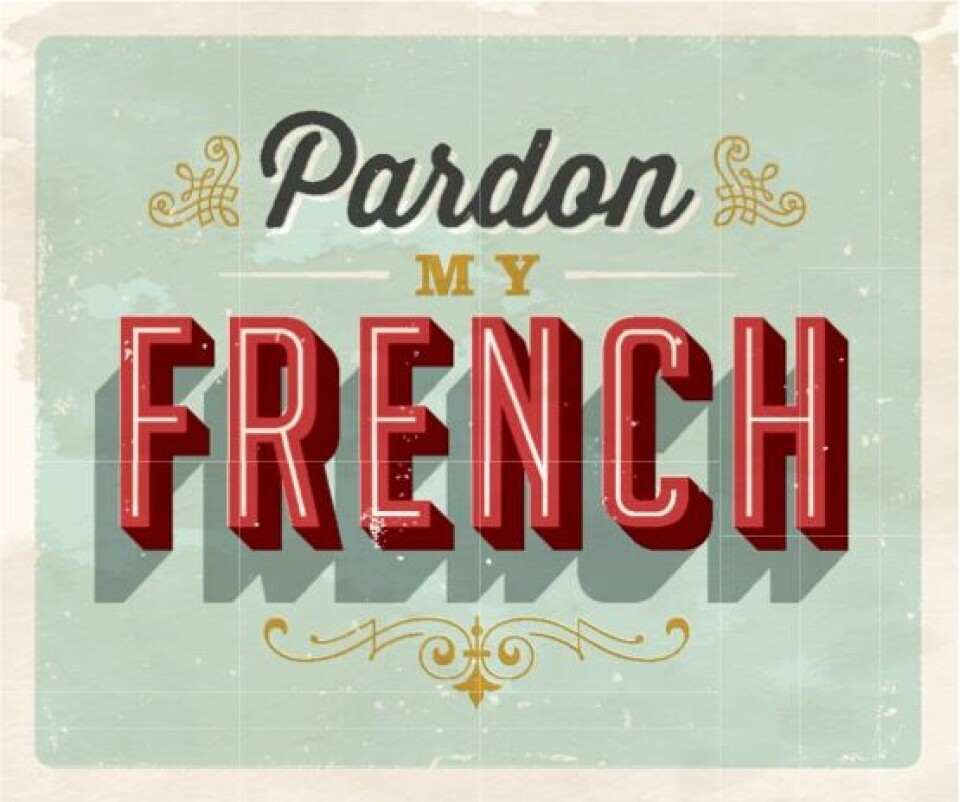-
More French podcasts to test your language skills
Podcasts are one of the best free tools for consistently developing your listening comprehension
-
Rugby vocabulary to know if watching the Six Nations in France
From un tampon to une cathédrale, understand the meaning of key French rugby terms
-
Learning French: what does faire grise mine mean and when should it be used?
A phrase to use when someone is down in the dumps
Saperlipopette: A French expression of surprise to swear by
Try exclaiming 'Saperlipopette! ' - an underused French swear word - next time you feel annoyed in polite company

French is a language that offers a rich bank of potential insults and sweary proclamations, a glorious gamut of sneering bon mots for every occasion.
Those living in France may hear the air turn bleu at any given moment, be it from one aggrieved driver cursing at another following a rond-point mix-up, or from an irate customer cursing in Castorama.
Should you wish to expand your vocabulary of insults, the best place to start is Jean-Michel Jakobowicz’s 2012 book Le Grand Livre de Gros Mots (The Big Book of Swear Words).
It contains 400 pages of splendid outpourings of annoyance.
The Connexion, however, is a family publication so we are raising the rudeness from gutter level to an altogether higher class of expression evoking surprise or annoyance.
'Saperlipopette' - the French 'fiddlesticks'
Top of the elegant swearing tree is without question the sadly underused saperlipopette, a beautiful word whose roll-off-the-tongue jollity matches its gentle expression of mild irritation.
Try using it where you might normally employ “golly”, “gosh” or “fiddlesticks”.
The word is ideal when surrounded by children (Hergé used it in his Tintin books) or in polite company – say, when you spill champagne all over the mayor at a village function.
Tracing its history backwards, the word evolved from saperlotte and before that, sapristi, which came from sacristi (the room next to the church where sacred ornaments and priests’ robes are kept).
Muttering saperlipopette permitted people to voice their surprise or astonishment without being blasphemous.
The poet Rimbaud was said to be the very first to commit the word to paper when aged just 10 – as published in 1884’s Proses et vers de collège.
More articles on French expressions to try
Avoir une dent contre: A French expression you may hear today
























